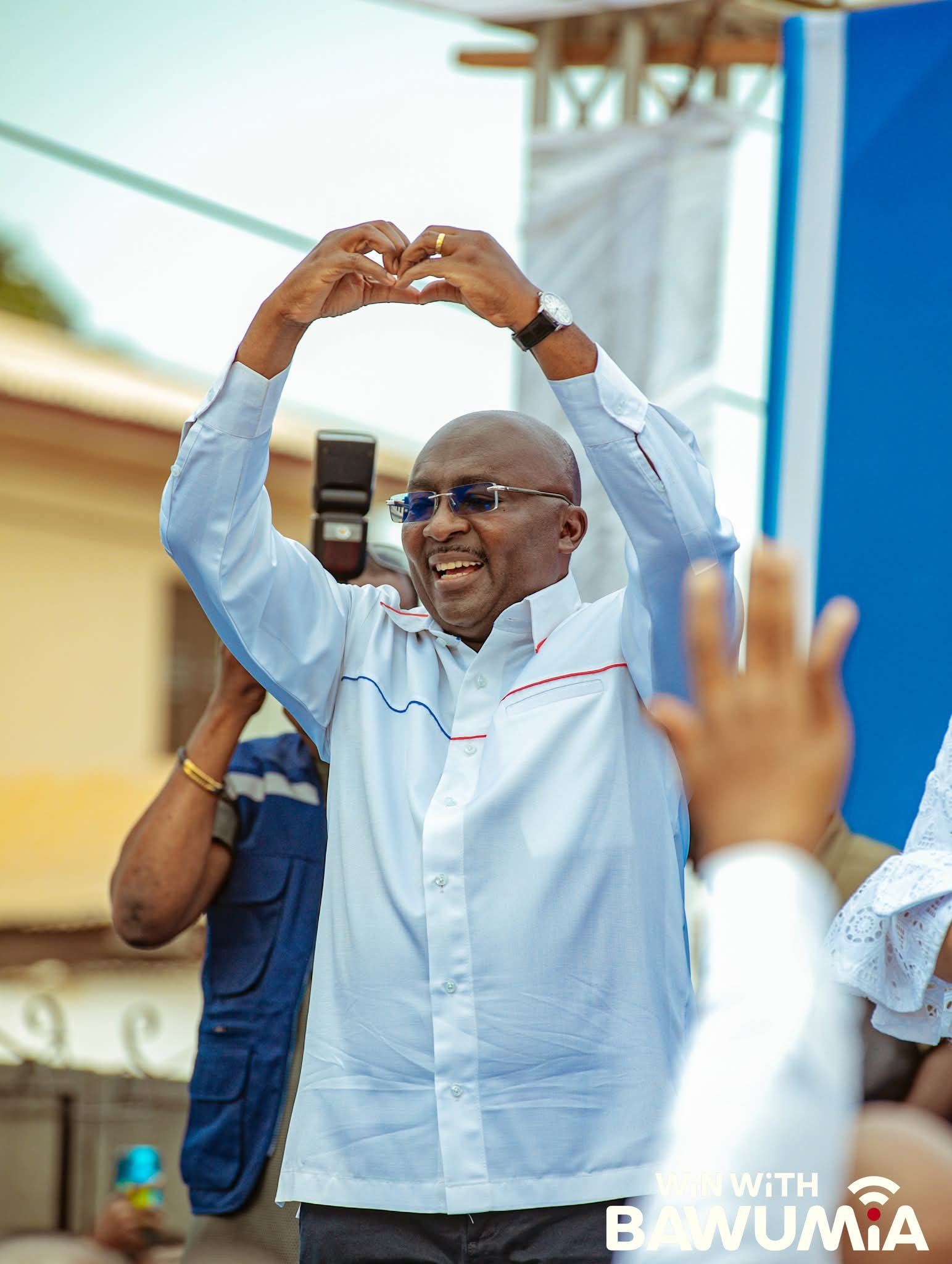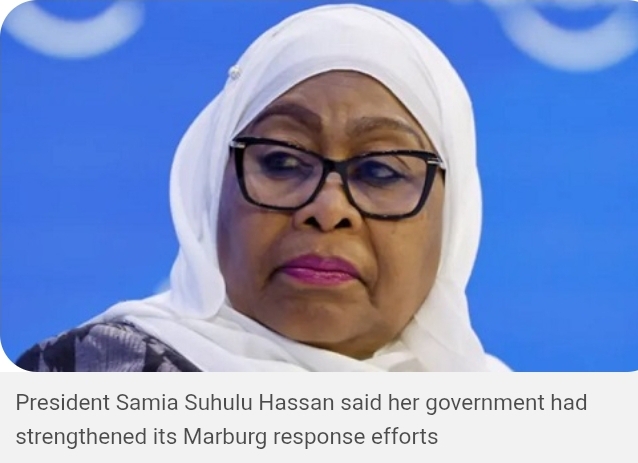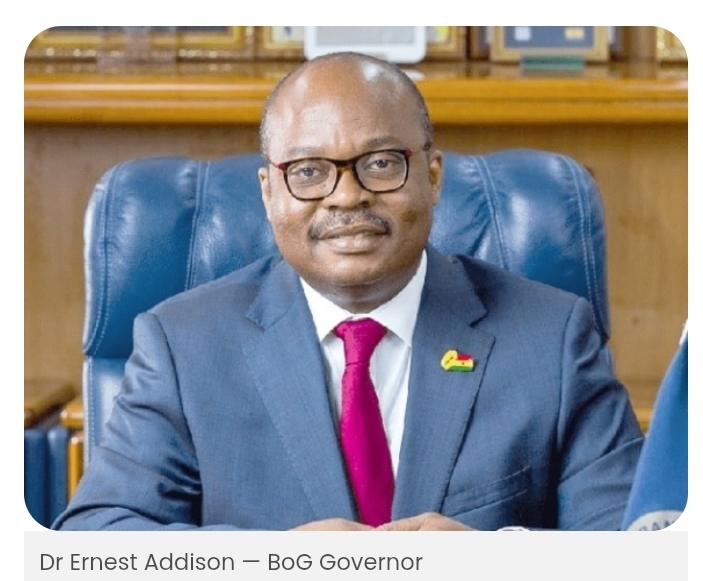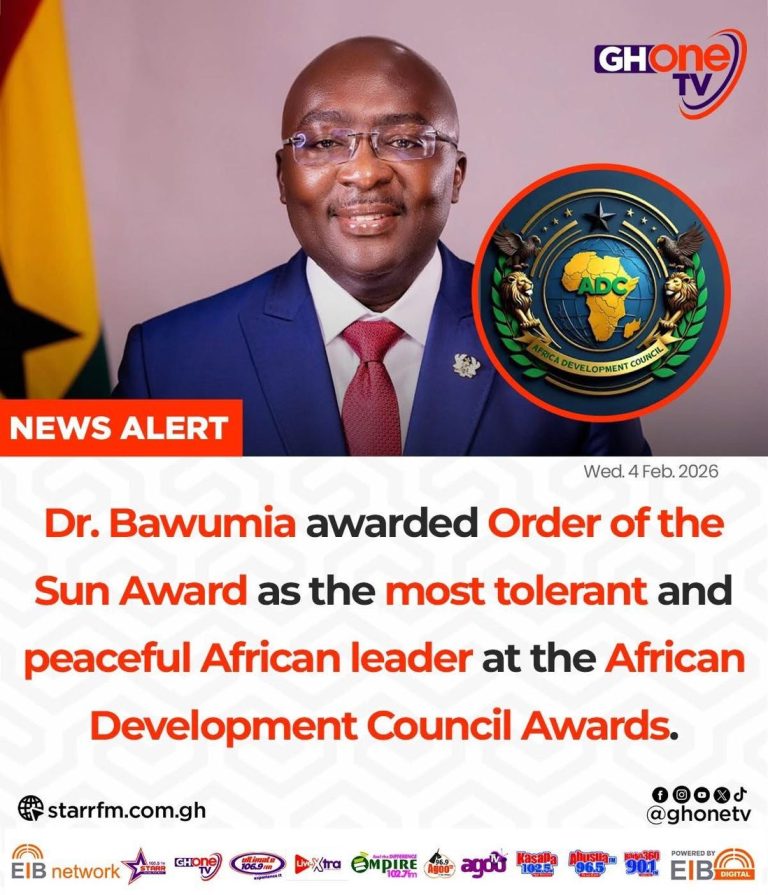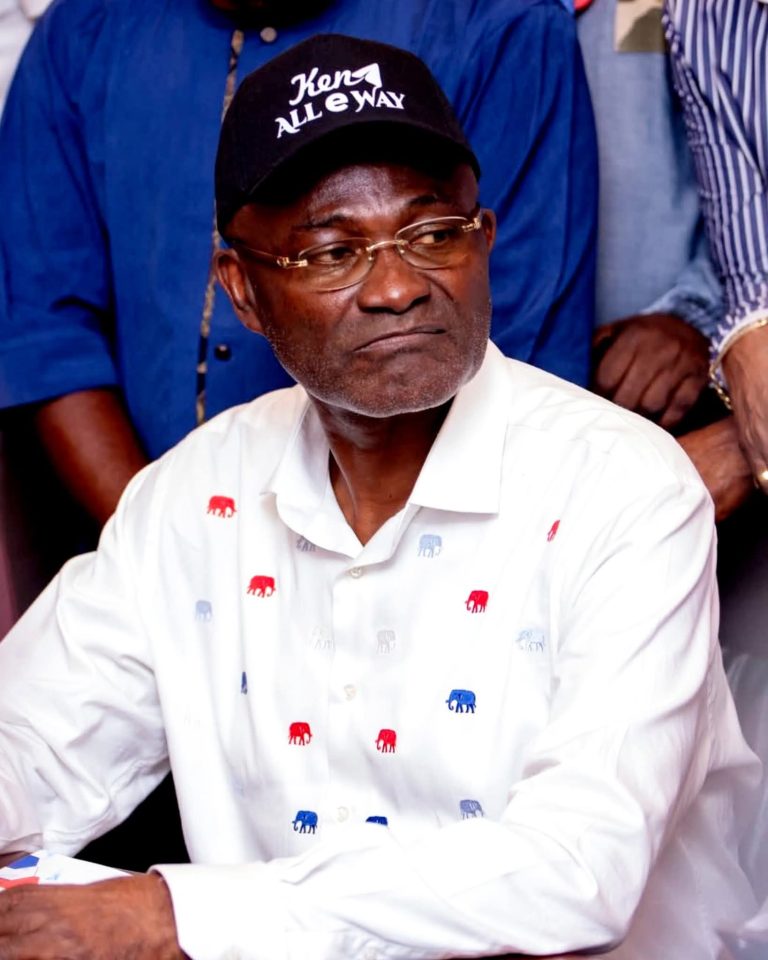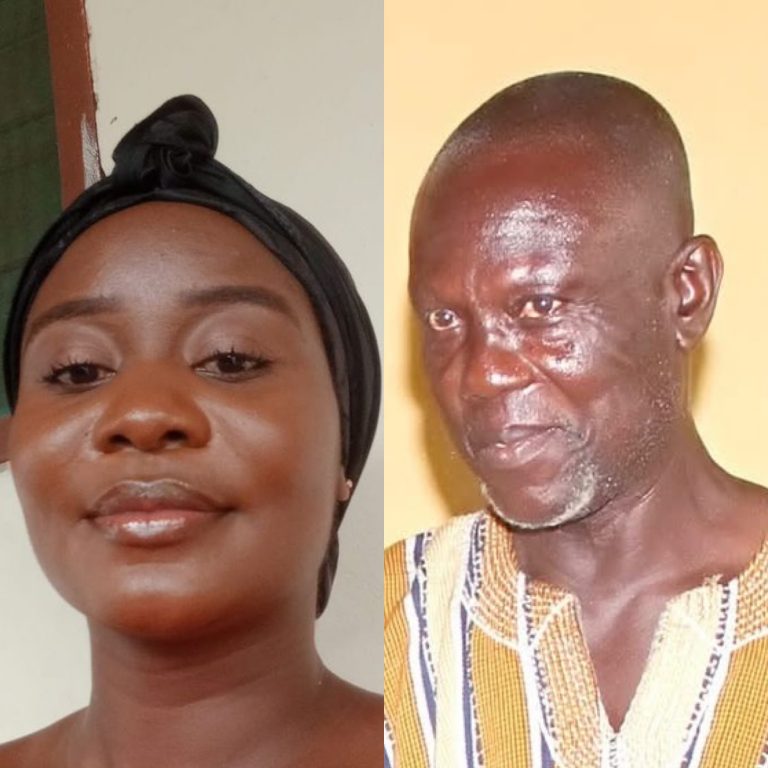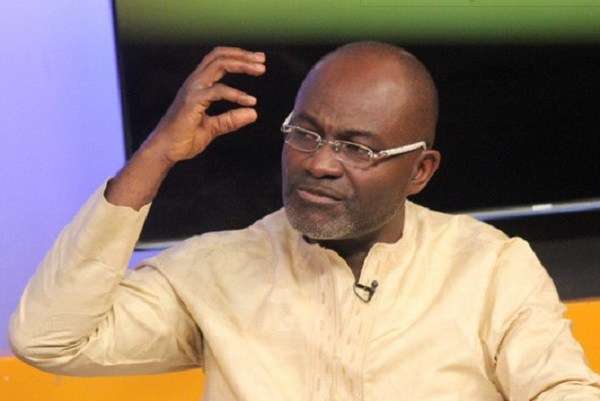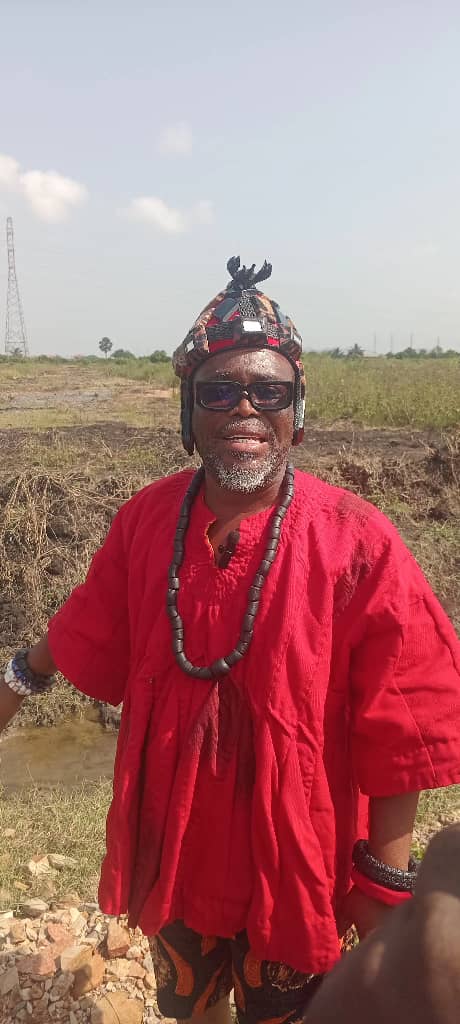Dr. Alhaji Mahmoud Bawumia has demonstrated one of the rarest and most glorious strengths of true leadership: the courage to apologize. By openly acknowledging the economic and political shortcomings that contributed to the disappointing performance in the just-ended elections, he has shown that a great leader sees apology not as weakness, but as strength.
In a room full of egos, the willingness to be vulnerable is the highest form of courage. It takes far more confidence to say “I was wrong” than to stubbornly defend a failing position. A leader earns deep respect not by being infallible, but by being trustworthy and accountable. In a political culture where apologies are almost unheard of, Dr. Bawumia’s example is refreshing. He reminds us that true leadership is not about defending perfection, but about building trust through honesty, humility, and accountability.
Crucially, Dr. Bawumia does not see an apology on behalf of his party as diminishing its prospects; rather, he sees it as strengthening them. Before he rendered his noble apology, it was evident that he and his team had carefully reflected on the mistakes that led to electoral defeat. This humility proves that he knows when to abase and when to exalt, always conscious that he is a servant of the people he seeks to lead—not a man who mistakes correction for persecution.
Unfortunately, Kennedy Agyepong and his camp have chosen to ridicule this qualified apology with dismissive arrogance. But here lies the truth: Kennedy Agyepong has never apologized for the countless offenses and reckless outbursts that mark his public life. To him, the ultimate wrong is not the act of transgression itself, but the admission of it. In his world, to apologize is to commit the unforgivable sin of vulnerability. He is not silent out of ignorance—he is allergic to humility. For him, “I’m sorry” is blasphemy against the god of his own pride, and he serves that false god as its most ruthless high priest. No wonder, the only time he apologized about something was to Ndc.
But what does it cost to apologize to the very people you claim you want to lead? Since when did “I’m sorry” become a crime? A leader who cannot apologize cannot reconcile; he can only retaliate, mock, or dismiss. Such a leader rules not with love but with fear—keeping people in line through intimidation, never through trust.
The contrast is crystal clear: one man apologizes because he respects the people; the other refuses because he worships himself. One seeks reconciliation; the other thrives on division. One offers peace; the other brandishes threats. Where Dr. Bawumia is mindful and accountable to the people he serves, Kennedy Agyepong remains accountable only to his council of wives and his own inflated ego.
Dr. Bawumia, by contrast, operates on a higher plane. For him, apology is not weakness or loss of power; it is the foundation of trust, respect, and genuine connection. His words are not about protecting an image, but about nurturing truth, repairing bonds, and demonstrating character.
To a large extent, Alhaji Dr. Bawumia has proven himself a leader who values people above pride. He says “I’m sorry” not as surrender, but as an offer of peace. Those words prove that his respect for the people is greater than his ego. In them, he forges bonds stronger than insults, stronger than threats, stronger than empty bravado. He knows when to accept, when to reject, and when to repair.
This humility is clear evidence that he carries both the choice and the mandate of God to lead. His inner world is not a rigid fortress, but a cultivated garden—resilient because it can bend in the wind, not because it is unyielding. His worth is not tied to a spotless record, but to his commitment to growth, repair, and renewal.
For Dr. Bawumia, the goal is not merely to be forgiven, but to make things right—and to ensure that failure does not repeat itself. In a political space where apologies are rare, his act is a lesson, a rebuke, and a model for every leader who seeks to be taken seriously by the people they serve.

